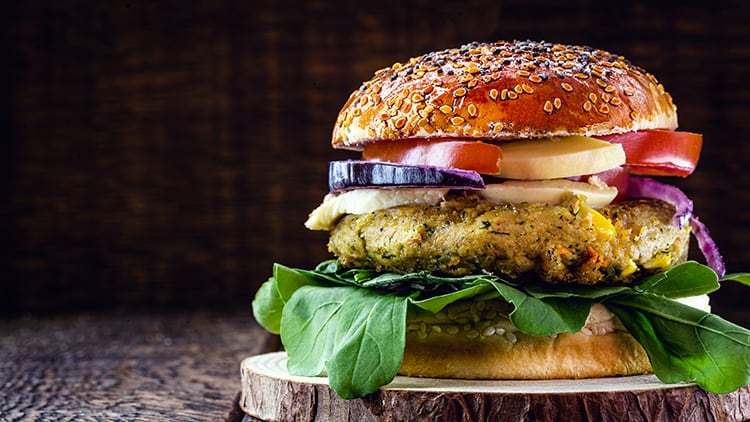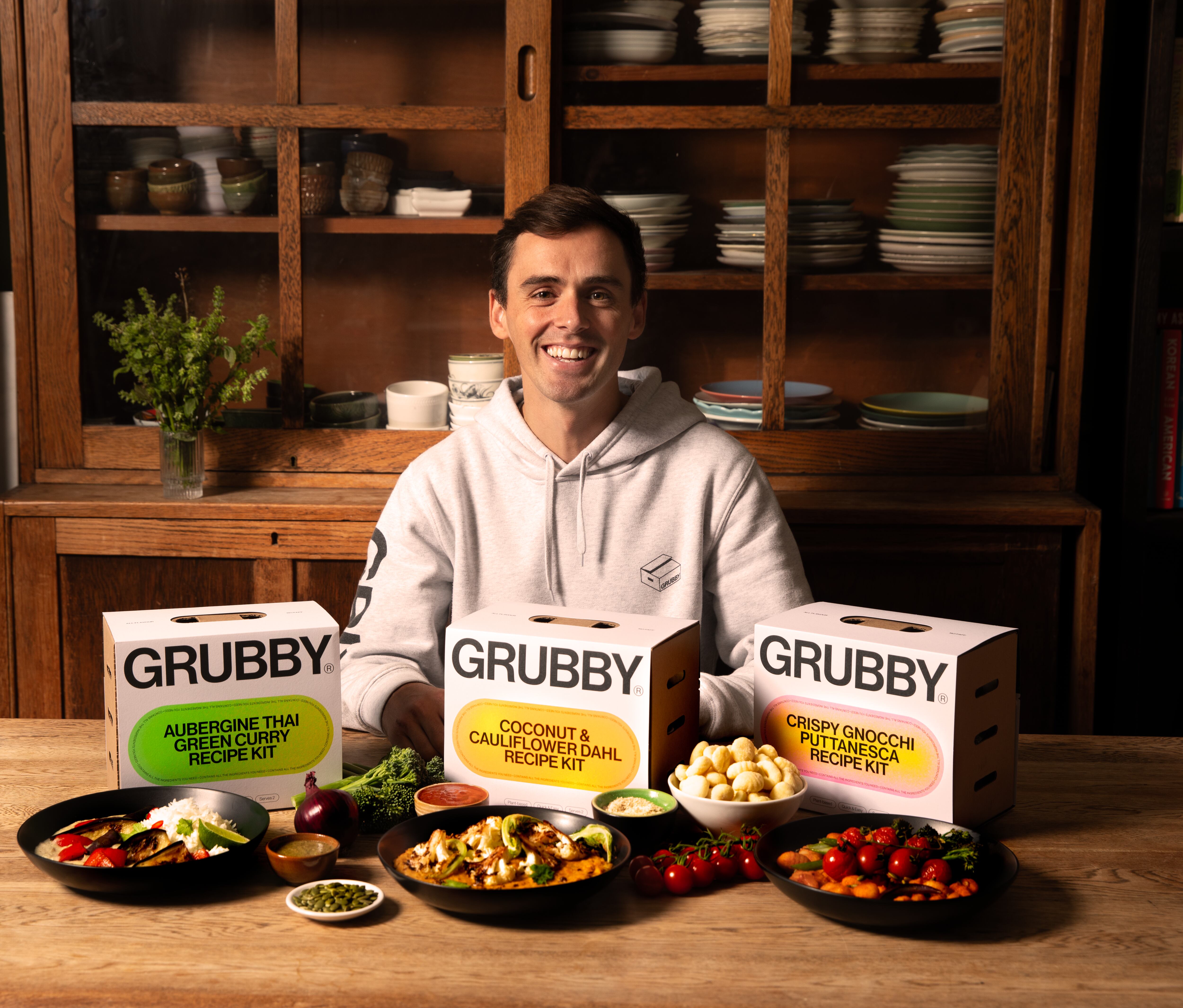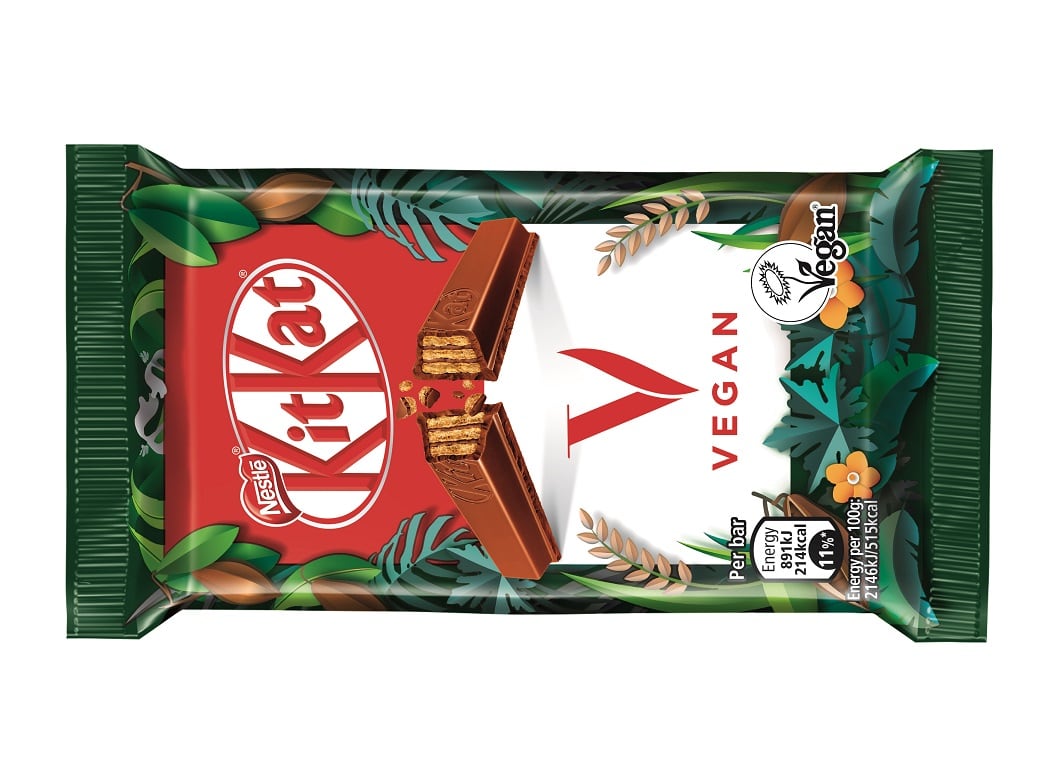Few consumers fundamentally opposed eating plant-based meat alternatives, but price was the most decisive factor for their acceptance – similarity to meat did not matter that much. However, if both options were the same, consumers often favoured the animal product.
The study, conducted by marketing researchers from the Martin Luther University Halle-Wittenberg (MLU), Humboldt University Berlin and Georg August University Göttingen, gauged consumer preferences relating to meat and meat substitutes.
In the first part of the study, participants were asked to choose one of four burger alternatives – a real beef burger, a plant-based burger that imitated meat (analogue), a vegetarian burger that only imitated the appearance but not the taste or texture of meat (semi-analogue), and a falafel burger (non-analogue).
Meat vs alternatives
While real meat won out over the alternatives, this was only the case when the products cost the same price.
Lowering the price of the analogue burger by 10%, for example, lead to an expected 14% increase in sales. If the alternatives were about half of the price of the meat burger, the number of people opting for a plant-based alternative would double.
Steffen Jahn, interim professor at the Chair of Marketing & Innovation at MLU, said: “Restaurants and food manufacturers might actually be able to increase their sales of vegetarian or vegan alternatives if they offered meat substitutes at lower prices than the meat options.”
Researchers also found that the falafel burger was the most popular meat alternative, while the analogue burger came in last place. The majority of consumers would opt for a meat alternative if no meat burger was on offer and only a third would refuse to eat plant-based alternatives altogether.
Demand persists
“Even though the supply of plant-based alternatives has been growing for years, the demand for meat persists,” Jahn added. “Unfortunately, there is very little reliable data on the general acceptance of meat alternatives, what conditions are required to make them more attractive, and whether or not they are just a fad.
“A truly faithful imitation is not the goal here, our study suggests. Maybe it’s because many people associate them with ultra processed foods, which have a bad reputation.”
The study surveyed 2,100 customers in the US to discover their opinions of meat alternatives. Based on their findings, the authors of the study recommended offering the widest possible range of alternative products in order to appeal to different consumer groups.
Meanwhile, new analysis has revealed that the UK Government has invested £75m in the development of alternative proteins to date.





